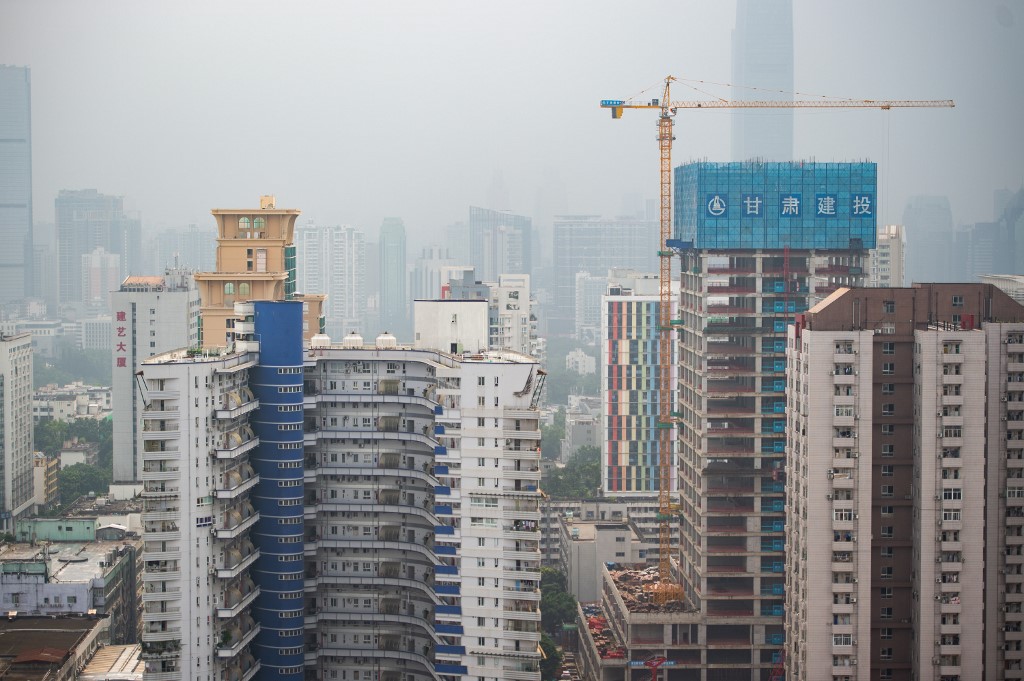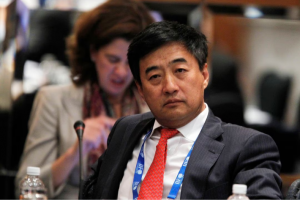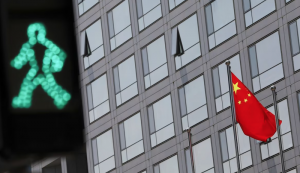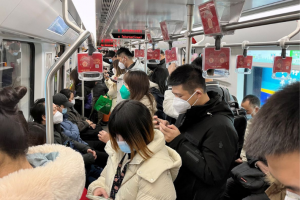(ATF) As has been said at numerous high-ranking meetings, China is entering a ‘new era,’ and one of the key goals of this is affordable housing, starting with tier-1 cities.
Land sales have been a cash cow for local governments, as shown on Thursday when the Ministry of Finance announced the fiscal revenue and expenditure for 2020. The statistics show that local governments reaped 9.7 trillion yuan from land sales, a year-on-year increase of 11.7%, while income from the transfer of state-owned land use rights was 8.414 billion yuan, a year-on-year increase of 15.9%.
News on the Ministry of Housing and Urban-Rural Development website early this week said Deputy minister Ni Hong led a team to Shanghai, Shenzhen and other places to review and oversee the real estate market.
Ni Hong ordered officials in these cities to “conscientiously implement the main responsibility of the city,” which is to get housing for residents. In line with this goal, officials in Shanghai and Shenzhen issued measures the previous week to promote steady and healthy development of the real estate market.
But it’s not just Shanghai and Shenzhen that need to implement the plan, China Youth Daily reported. On Tuesday (Jan 27), the “new first-tier city” Hangzhou also announced it would be doing “Further Strengthening the Regulation of the Real Estate Market.”
“Solving the outstanding problems of housing in big cities” is one of the key tasks this year for the CCP. The Central Economic Work Conference in December listed eight key tasks for 2021, one of which was housing.
The meeting emphasized the message from the top – houses are for living, not for speculation, which means adopting measures suited to local conditions and many strategies to promote a stable and healthy real estate market.
In December, Han Zheng, Vice Premier of the State Council and a member of the Central Committe’s Politburo, who was once the Mayor of Shanghai, held a forum at the Ministry of Housing and Urban-Rural Development.
Real estate, he said, should not be used as a short-term means to stimulate the economy, and regulations governing the market should be tightened, and the policy ‘toolbox’ constantly improved promote a stable real estate market.
This is the responsibility of city officials. But Han stressed it was not a “one size fits all”plan; city governments had to adapt to local conditions, improve housing security methods, and implement their main responsibilities.
The team sent from Beijing had a mission to resolutely stamp out speculation in real estate.
The Deputy Minister Ni Hong said that the city government must fully grasp the importance of the issue. “If problems are discovered, we will act in a timely manner, take targeted measures, guide good expectations, and resolutely curb speculative real estate. We need to stabilize land prices, house prices, and expectations as the goal, and enhance work enthusiasm, initiative…”
Fears of a year-end ‘tail-up’
One of the reasons for this is because housing prices often “tail-up” with prices rising at the end of the year in many domestic cities.
Data released by the National Bureau of Statistics in December 2020 showed that, out of 70 large and medium-sized cities, Shenzhen’s growth rate (14%) was far ahead of most major cities.
The average unit price of a secondhand home in Shenzhen reached 87,957 yuan per square meter last month, which was 1.36 times prices in Beijing, 1.5 times prices in Shanghai, and 2.2 times the prices in Guangzhou.
Shanghai and Shenzhen introduced policies to increase supply to meet demand.
On January 21, Shanghai issued a paper on its real estate policy, which said that restricting the purchase of homes must be strictly implemented. “If a couple is divorced, if either party purchases commercial housing within three years from the date of divorce, the number of units owned by the couple shall be calculated based on the total number of units in the family before the divorce.”
Officials in Shanghai said they would increase the period for exemption on value-added tax on individual home sales from two to five years.
Straight after, Shenzhen Municipal Bureau of Housing issued a notice saying it would boost supervision of the real estate market, and crack down on “illegal real estate behaviour” to maintain order in the market.
The southern city requires citizens to register when they want to buy a home. Buyers who purchase new commercial housing need to log in to the “House Purchase Intention Registration System” to notify officials of their intention. The details provided must be true, valid and consistent with written materials provided when they do that.
Local municipal officials are also working hard to ensure supply. The Shenzhen Municipal Party Committee vowed that housing supply would increase, with large-scale construction of public housing continuing this year – with 80,000 units planned, plus a further 100,000 for long-term rental housing.
Rise in mortgage rates pours cold water on hot market
Meanwhile, the four major banks in Guangzhou have said they will increase their mortgage prices across the board, according to a report by “21st Century Business Herald” on January 27.
The interest rate on first home loans with the four major industrial and agricultural banks has been adjusted – it will be 5.2%, while the second is set is 5.4%. So, the rising price of home loans has poured cold water on the hot real estate market.
On December 31, the central bank and banking regulators issued a notice on managing loans for real estate, which divided banks into five tiers, and provided real estate loans and personal housing loans to various banks. But the proportion of a bank’s total loans was capped.
Judging from the price index released by the National Bureau of Statistics, in 2020, the price of new commercial housing in Beijing will rise by 3.5%, and the price of secondhand housing will rise by 2.6%; both considered within a reasonable range.
On January 25, Wang Fei, director of the Beijing Municipal Commission of Housing and Urban-Rural Development, told the TV program “Citizens’ Dialogue With Top Leaders”, the compared with the four top-tier cities, Beijing’s price increase was at the middle and lower end, as the goal was “stabilizing housing prices and expectations.”
Wang Fei stressed that this year the focus is on adhering to the national policy “housing to live without speculation”, in accordance with local rules, preventing risks, “maintaining unwavering control”, with a scientific and reasonable residential land scale, and protection against violations of laws and regulations. He warned that a high-pressure law enforcement posture would be rolled out.
“This year we will strictly investigate the illegal flow of funds into the real estate market and intermediary real estate speculation, strictly investigate speculation, and will launch special actions in the near future to resolutely crack down on various violations of laws and regulations.”
All of this stems from a belief among the country’s leaders that the real estate market could be a source of grave financial instability if the sector is not strongly regulated to prevent it from overheating or causing widespread social unrest. Real estate developers have spectacular levels of debt – China Evergrande $110 billion alone – and still represent a serious risk to the national economy, although top officials are trying to ensure that threat is contained and that the country does not suffer a ‘hard landing’.
























